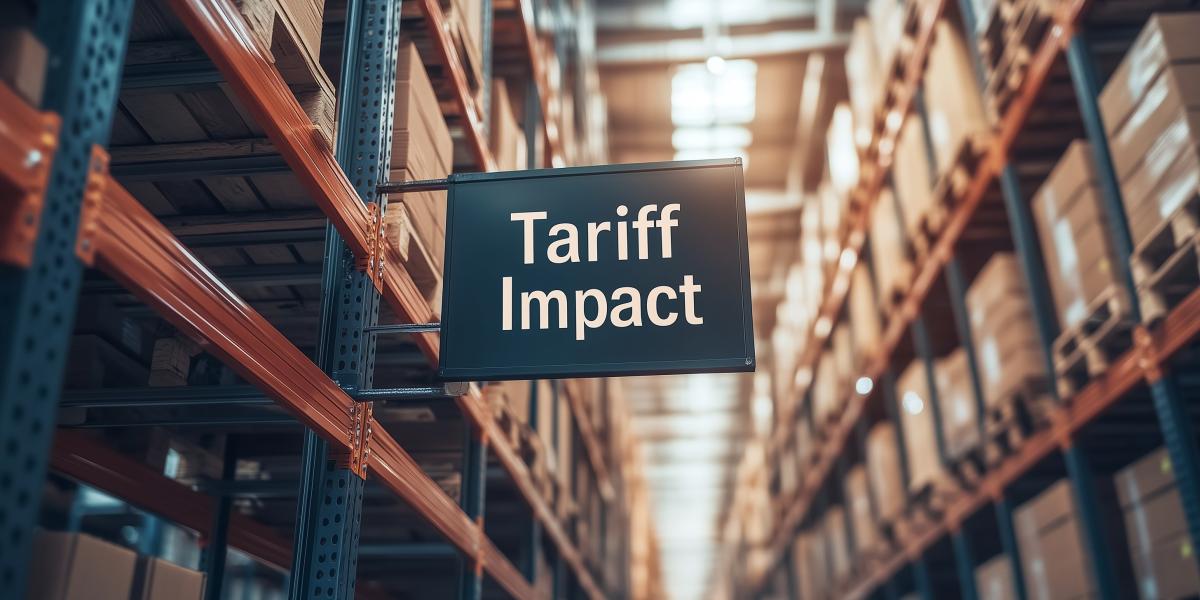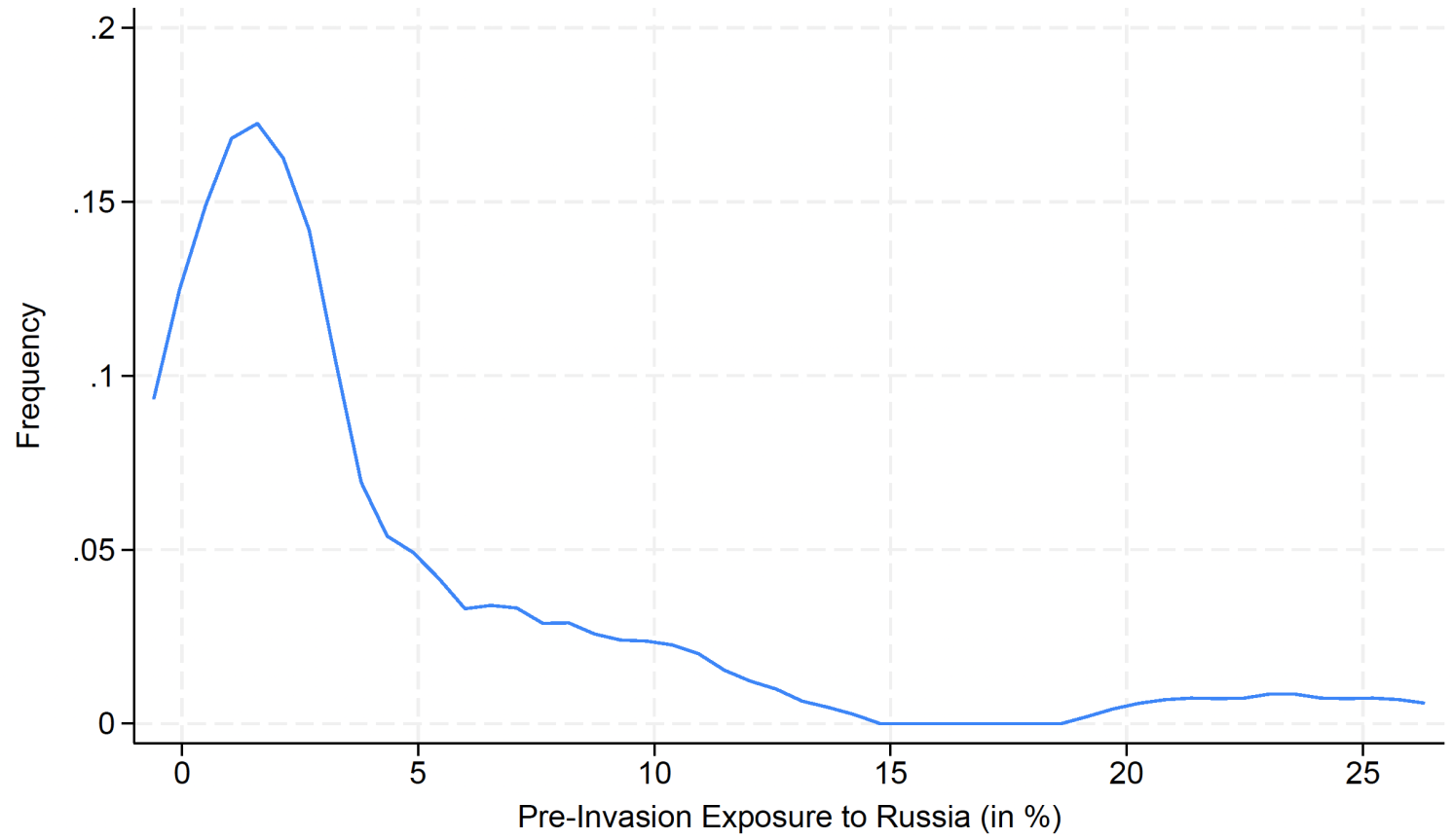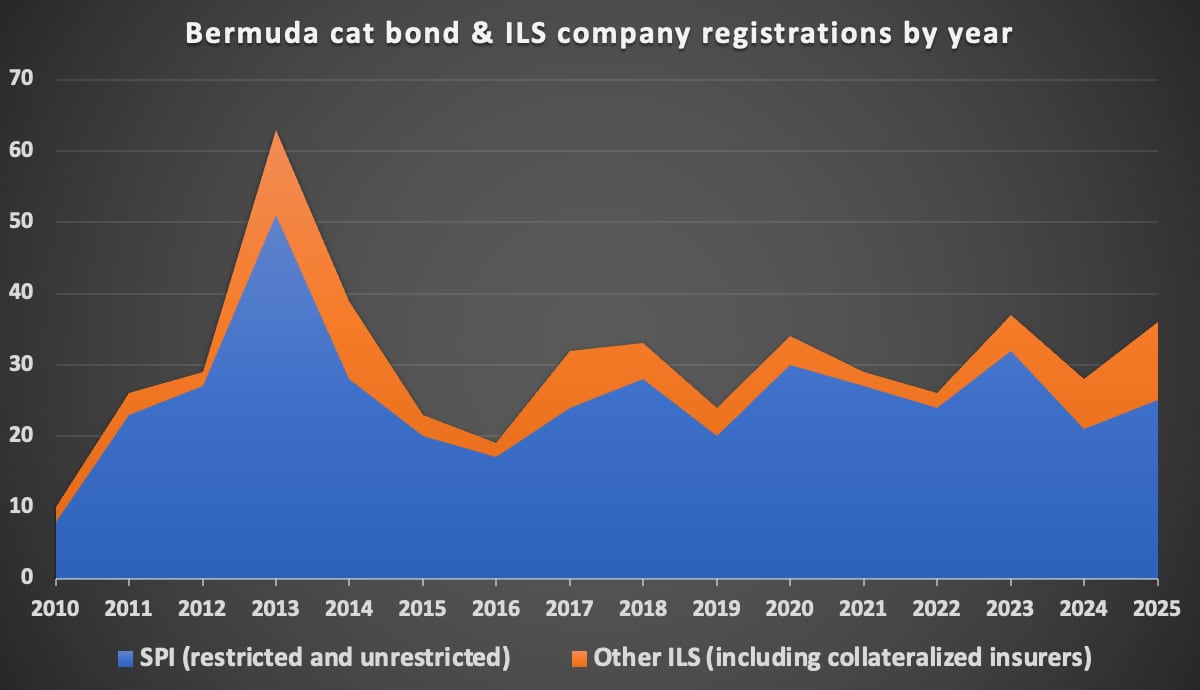The daily Covid testing also proved to be flawed. As many as 20 workers’ throat swabs were put into one tube to speed testing and lower costs. If the results came back positive, all the workers whose samples were in that one tube were put into isolation for further testing. Those who worked on the same production line with someone who tested positive were also immediately removed from their duties and put into quarantine. The number of potential patients surged by the hour, and the number of Covid-free workers who could go to the factory dwindled rapidly.
Zeng was put into isolation three times in one week, he says, even though he ultimately never had Covid.
In some dormitories, trash piled up for weeks because no one was allowed to leave the building. Covid-free workers nicknamed colleagues who got Covid “sheep” because the word’s pronunciation is the same as “positive” in Mandarin. The emoji for sheep was also used to represent positive cases on social media to evade censorship from Chinese social media platforms that were deleting posts related to tensions at iPhone City.
With a growing number of people forced into isolation, rumors and misinformation started to spread. A video clip claiming that eight female workers died inside a dorm room went viral among workers and on Chinese social media, prompting Foxconn to issue a denial. Fact-checking organizations later determined that the rumors were untrue.
Around Oct. 25, the village where Xiao was staying was put under lockdown. He and other workers ignored the rules, zigzagging along small paths and climbing barriers to get to the factory. He felt he had no choice. “You have to work as long as you are not tested positive,” he says. “The company automatically marks those who missed three shifts in a row as quitting, which left me no option.”
One night, some of his neighbors couldn’t navigate their way back to the village. They ended up sleeping in an alley outside a building housing a production line where $1,000 iPhones are made.
The breaking point for many workers came on Oct. 28, when Foxconn announced strict measures to enforce a tighter closed-loop system. The company asked Xiao to move into dormitories it had set up for workers in surrounding areas, but he worried about catching Covid because the facilities included people who had tested positive. He thought it was unsafe.
Meanwhile, the situation in his own tiny room turned untenable. The restaurants in his village all closed. The price for a head of cabbage passed 30 yuan, about 10 times the cost in Beijing.
As workers fled, Foxconn struggled to hold on to employees. It raised hourly pay by as much as 36%, to about 38 yuan ($5.20) an hour, for key positions.
Zhengzhou’s policies undercut the company’s efforts. On Nov. 2 the local government ordered a seven-day lockdown of the area around Foxconn’s main plant. It dispatched 2,000 people from across Henan province to pick up the garbage at Foxconn and sterilize the campus.
One night, just after 7 p.m., Xiao’s landlord told him it was his last opportunity to flee. He quickly packed his belongings and hopped into a small Volkswagen sedan with two co-workers. Guards at health checkpoints along the highway wouldn’t approach the car after learning the people inside were coming from Foxconn, which made the trip home a bit easier. Back in his hometown, Xiao got increasingly frantic calls from local government officials, offering special bonuses if he would return to iPhone City. He “bowed to life” and headed back to the Apple plant in late November.
But Xiao says he and others were stunned to soon find out Foxconn wouldn’t hand over a promised extra 30 yuan in hourly pay unless they kept at their jobs until mid-March. Foxconn told workers it was in keeping with the contract, but many felt betrayed regardless.
Protests started late on Nov. 22, and violence erupted after midnight when angry laborers took to the street. Some surrounded a police vehicle and clashed with security personnel in white protective suits. Workers stormed into meeting rooms to plead with Foxconn managers not to mix them with colleagues who had tested positive. “You’re sending us to death,” one worker shouted at a beleaguered boss.
Foxconn has since dangled a $1,400 severance payment to any who choose to depart, seeking to defuse the tension and ease out disgruntled workers. About 20,000 have accepted that offer, Reuters reported on Friday, citing Foxconn sources. The company is now once more firing up recruitment to replace exiting staff, much as it had when thousands first fled its campus — but that overall effort is in jeopardy as Chinese Covid cases soar to record highs and officials struggle to contain the outbreak in cities such as Zhengzhou.
Following the riot, Xiao started packing up again. He says he’ll stay in Zhengzhou to look for a job somewhere else. “Foxconn is not the only place that’s hiring,” he says.
–With assistance from and .
(Updates with record Covid cases and departures in the penultimate paragraph)
More stories like this are available on bloomberg.com
©2022 Bloomberg L.P.




































